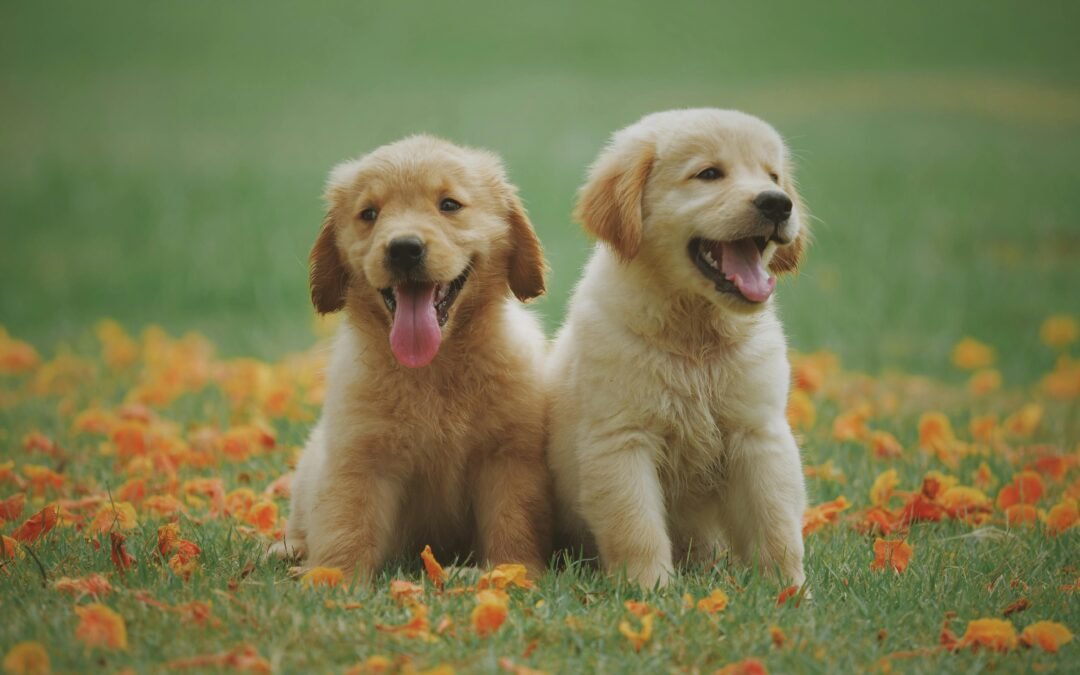New Puppy What Now?
As a professional dog and puppy trainer, I see many people struggle with issues for far longer than they have to. Issues such as; toilet training, chewing furniture, digging and the list goes on.
Often people will reach out to me after suffering with these issues for 6 months plus or even years. Unfortunately, the longer we let these unwanted issues persist without dealing with them, the stronger the habit becomes, and the longer it then takes to fix.
That’s why it is so important to get in touch with a trainer as soon as you pick up your new puppy, maybe even before you get your new puppy so that you can hit the ground running and know that you’re off to the right start.
Often, a lot of the issues I see on a daily basis stem from “kindness”. What do I mean by this exactly? New puppy owners want to be “kind” to their new puppy, and this takes the form of giving our puppies too much freedom too early in their lives – before they are ready for the responsibility that comes with it.
Puppies are like children, we don’t let our young children stay up all hours and dictate what they choose to eat and when for example, because if we did they would be up all hours eating junk food! And more importantly they would most likely grow up to be adults with unhealthy and destructive habits.
So just like children, we need to set rules and boundaries for our puppy and provide a lot of structure to their lives so that they grow up the right way.
Thankfully, puppies grow up much quicker than humans – within 6 – 12 months depending on the breed we can usually start to classify them as young adult dogs.
These first 12 months are critical in shaping what our puppy grows up to be like – are they unsettled in our home? Are they jumping up on our guests? Are they digging holes in our backyard? Or are they calm, quiet and well behaved?
How do we then ensure that our puppies grow up to be model citizens that we can trust to have free roam around the house? We need to restrict their freedom! We need to ensure that for many months, unless we are able to watch them – they are contained in some fashion or another.
Now what does this look like exactly? I’m talking about crates, baby gates and play pens!
Now every pup is different, some will learn faster than others and some are just simply calmer and more well suited to home life then others. So how long we employ the use of these containment strategies will vary depending on the dog.
We’ll get into how exactly to employ them in future posts.

